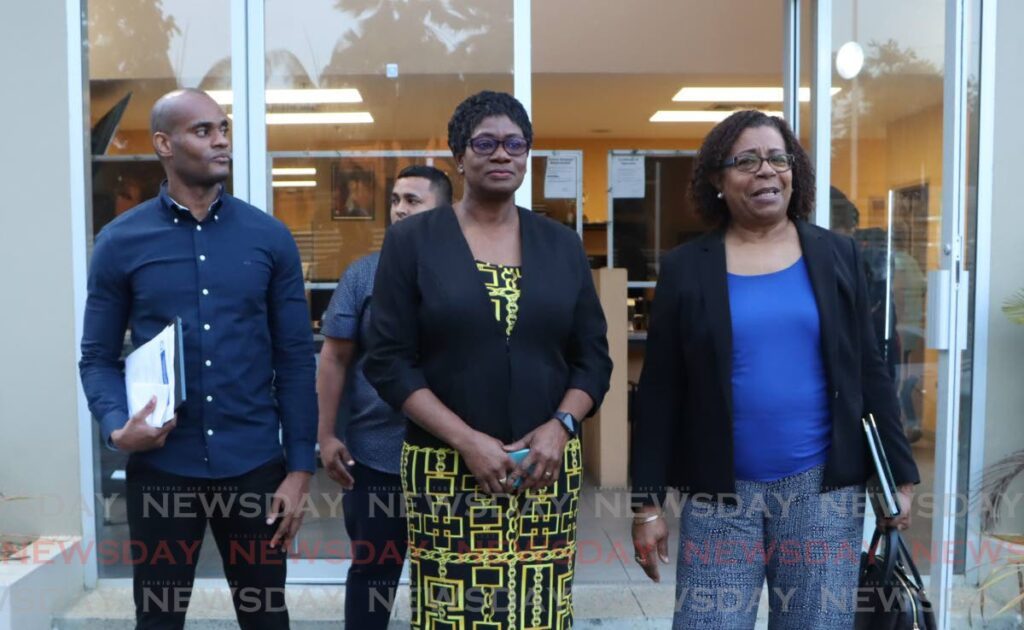No lessons learned

IT HAS been widely noted that the last time a commissioner of police was arrested was the case of Randolph Burroughs in 1986.
But even though almost half a century has elapsed, the imbroglio surrounding Erla Harewood-Christopher leads us to conclude that few, if any, lessons were learned from the Burroughs case.
On July 21, 1986, Mr Burroughs was charged with a series of offences, including gun-planting and misconduct in public office.
He was held not at Police Headquarters, but after being called to a meeting at the Ministry of National Security in Port of Spain. The location did little to abate suspicion of government involvement. As did the genesis of the charges.
The precursor to the arrest was the secret proceedings of the cabinet-appointed Scott Commission into the drug trade. An interim report of February 1985, which detailed allegations against the top cop that he was never afforded an opportunity to contradict, was the trigger.
The final Scott Drug Report was eventually deemed legally null and void due to the enquiry’s flagrant breaches.
Nonetheless, it was enough to destroy Mr Burroughs’s career. His fall from grace was such that he was awarded the Trinity Cross in 1980 but retired in 1987, maintaining he had been unfairly treated.
Echoes of this abound in the current developments.
While legal reform has occurred in the decades since, there remains an uncomfortable nexus between politics and policing.
Politicians must approve the appointment of a commissioner. Politicians must sign off on the Police Service Commission (PSC) and elect a president. Politicians, including a prime minister, must sit alongside top cops on the National Security Council and deal with the Strategic Services Agency (SSA).
Politicians must even approve deputies like those directly responsible for Ms Harewood-Christopher’s case.
Easy to see are the implications of a system that does not inspire confidence that it can hold top cops to account in a way that is both fair and completely insulated. The independent office of the DPP does not investigate but merely advises.
Is the PSC fully able to carry out its constitutional mandate?
Is this the last time commess will embroil a top cop? First, Gary Griffith. Now, Erla Harewood-Christopher.
When will the bacchanal attending this office settle, allowing a substantive, as opposed to acting, post-holder to properly function?
That Dr Rowley, under whose administration the SSA probe behind all these developments started, has been forced to deny his involvement, even as officers have directly corresponded with him on the case, tells us all we need to know about the contradictions and poor optics of the system.
It is a system which, amid a crime spike decades after Burroughs, serves nobody: not top cops, not politicians, and not citizens.

Comments
"No lessons learned"